Coming up on the halfway point of 2017, many people already have their top picks. But, while games such as The Legend of Zelda: Breath of the Wild and Horizon Zero Dawn are getting the gaudy Metascores, this list is going by a different metric: replay value. Great games with one-and-done gampaigns are fine, but they come and go. Replayable games stick around well after the credits have rolled.
In 2017, we have a wealth of options for replayable games, so much so that limiting it to five was a difficult task indeed. But, without further throat-clearing, here are the top 5 most replayable campaigns of 2017.
5. Resident Evil 7
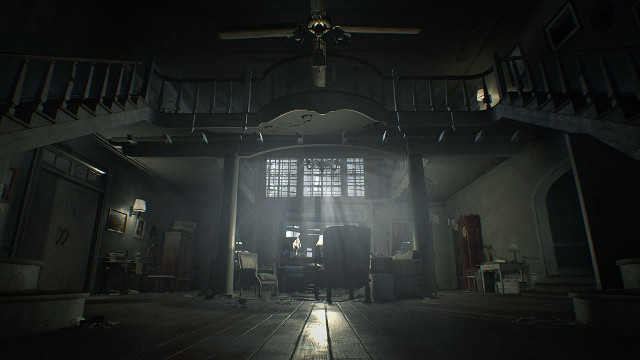
While certainly not the most replayable game in recent years, Resident Evil 7 has a surprising amount of space to retread, so to speak. Even ignoring (for now) additional difficulty settings, there is a lot of reason to return to the Baker Family Mansion. Looking back on my playthrough, there are a ton of collectibles I now know how to get or other items to find and make use of, and, of course, the multiple endings I can unlock, all emboldening me to go back into that madhouse.
Speaking of which, Madhouse difficulty presents its own reason to replay, because, not only is it harder, but it’s different. You can playthrough Resident Evil 7 ten times on Normal difficulty, memorizing what you have to do and where everything is so much that you feel like you could do it blindfolded, but Madhouse difficulty throws curveballs at you left and right. Enemies will spawn at different times and in different places, items once easily obtained are now locked behind and extra step, and you also have added risk/reward with revamped Bird Cages that now cotain more valuable items.
Ultimately, you’ll still probably only get 2-4 playthroughs out of this, but that’s pretty dang good for a single-player campaign.
4. Guardians of the Galaxy: The Telltale Series
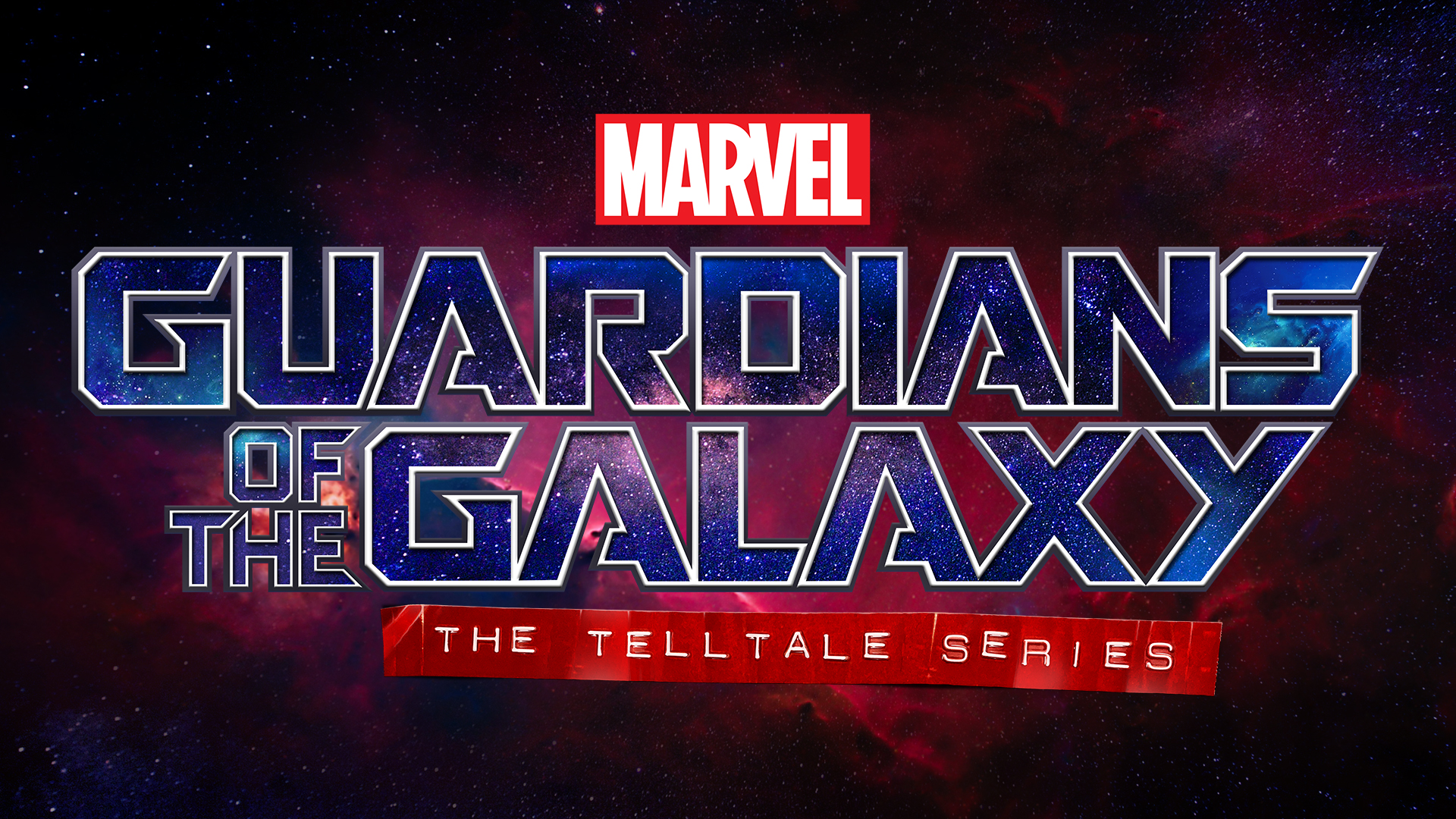
One aspect that often marks replayable games is that of choice, and Telltale Studios games have that in spades. Whether its a dialogue tree that could affect how someone views you, or a choice of who to save or which direction to go, your experience can vary wildly from playthrough to playthrough, and Telltale didn’t forget this with Guardians of the Galaxy: The Telltale Series.
Like in most Telltales games, Guardians of the Galaxy will ultimately end up roughly the same, but all of these games are about the journey. Getting from the beginning to the end can yield loads of variation. The only issue with replayability is that we’re all people with innate feelings, so it can be hard to get yourself to choose an option against your natural judgment.
3. Prey
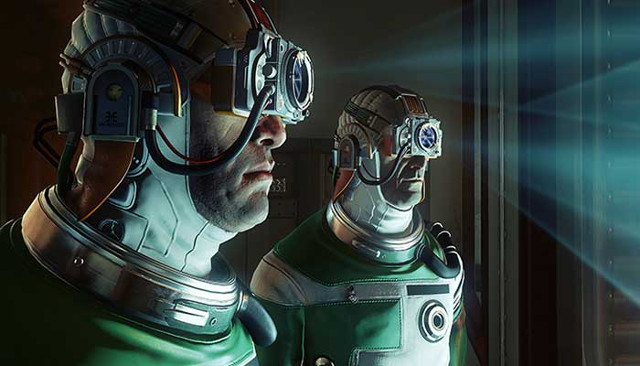
Prey has the added benefit of being one of the best games of the year, in addition to one of the most replayable. Prey has light choice elements throughout that would make it interesting, but it gets most of its replay value from the various achievements you can get. There is one for playing through Prey without any Typhon upgrades (alien powers), and there’s one for playing through the game with only Typhon upgrades. Just there, you’ll have at least three playthroughs of what is easily a 12-hour game, and the added challenge might even increase those numbers.
And that doesn’t even take into account all the exploration you can achieve that you may have missed in your first go around. Talos I is just a massive station, making exploring it fully a daunting task. But, like any great mountain, it beckons you to climb it.
The best part is that it’s only going to get even more replayable, with the eventual addition of New Game Plus. They haven’t announced anything yet, but they did add a new game plus with Dishonored 2 post-release, and enough people have been calling for it that I can’t imagine it won’t be added.
2. Torment: Tides of Numenra
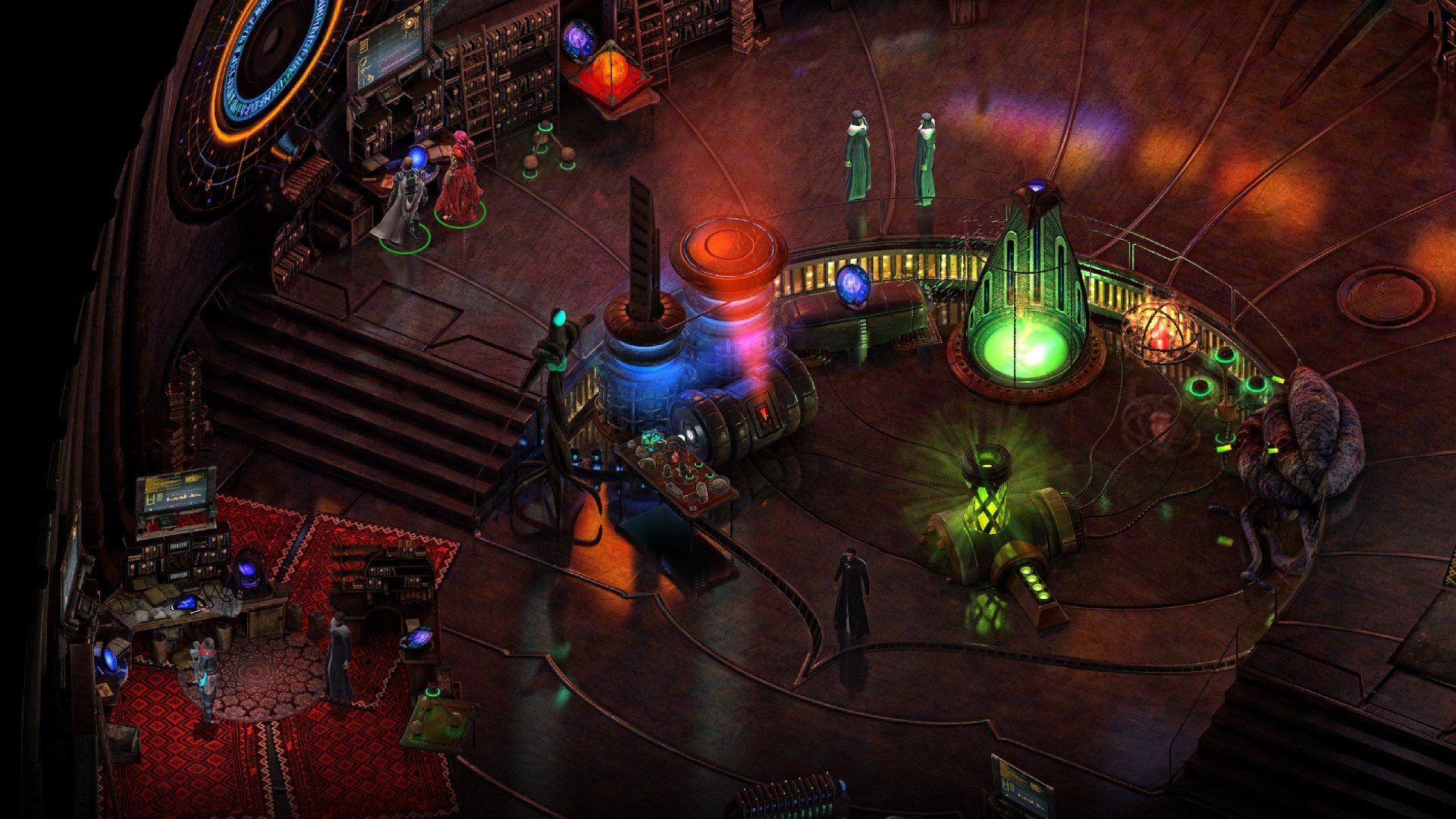
I remember playing this game and recognizing immediately that it was perhaps the first time my choices actually mattered. Torment: Tides of Numenera is much like choose-your-own-adventure game, only in the form of a video game RPG. You go through as a character with custom specifications, choosing how to interact with everyone you meet. It’s dialogue-heavy, boasting well more than a million words, although you may only experience a portion of those.
That’s ultimately what makes the game so replayable: one playthrough of Torment: Tides of Numenera only reveals a fraction of what it has to offer. It has a revolutionary alignment system that molds in accordance with your choices throughout the game, and you can learn to control which one you align most with. More over, one playthrough of Torment: Tides of Numenera can easily last upwards of 30 hours, and you can easily find reason enough for 2-3 runs.
Like its inspiration (Planescape: Torment), every choice matters. If you ally with one person, it might restrict who you can ally with further. If you piss off the wrong NPC, they might shun you forever, locking away any secrets or goods they may have otherwise offered. And yes, your choices can directly affect the ultimate ending, providing one of six different conclusions, and that doesn’t even take into account how your journey may have differed. This is the sort of game that would easily be number one on such a list if it weren’t for …
1. Nier: Automata
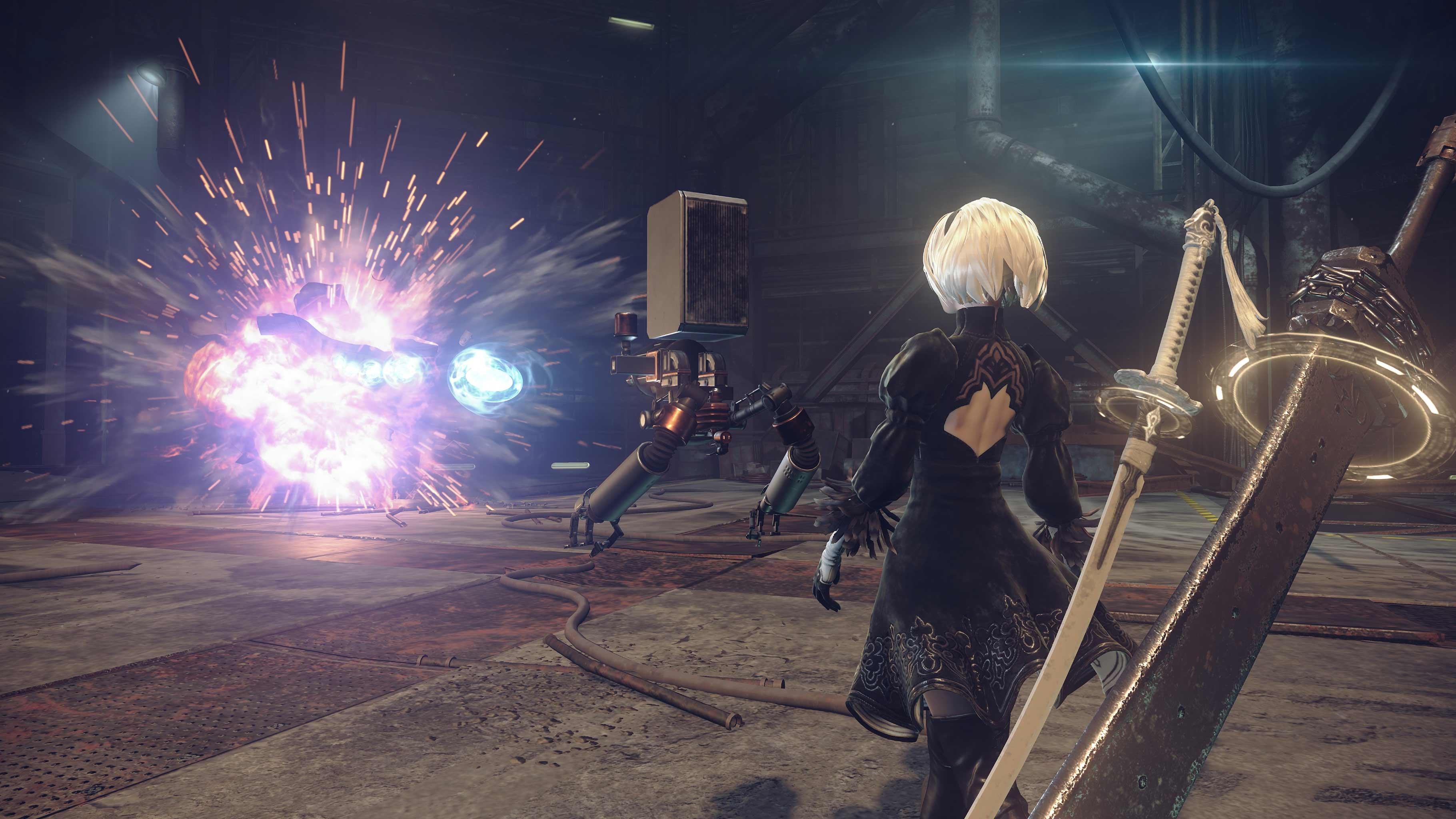
Nier: Automata is a beacon of replayable games. The latest title from Platinum is oozing with replay value. In sheer numbers, Nier: Automata has 26 different endings (one for each letter of the alphabet, aren’t they clever).
How they disperse these endings is revolutionary, as many of them are essentially a continuation of other endings. The story progresses across five of these endings, almost as if its five episodes of one, connected story. Even if you count those as one playthrough, though, you still have 21 different ways all of this can play out.
And, even the very act of unlocking some of these endings are intriguing in and of themselves. Perhaps the most notable ending is that of the interactive game that plays during the credits. You’ll essentially play a game of asteroid, moving your mouse around and shooting named blips. If you fail at this, you’ll be given an option of support, come to find out that another player had to agree to delete their save data in order to provide that help. After that, you’ll have even more reason to replay Nier: Automata.







